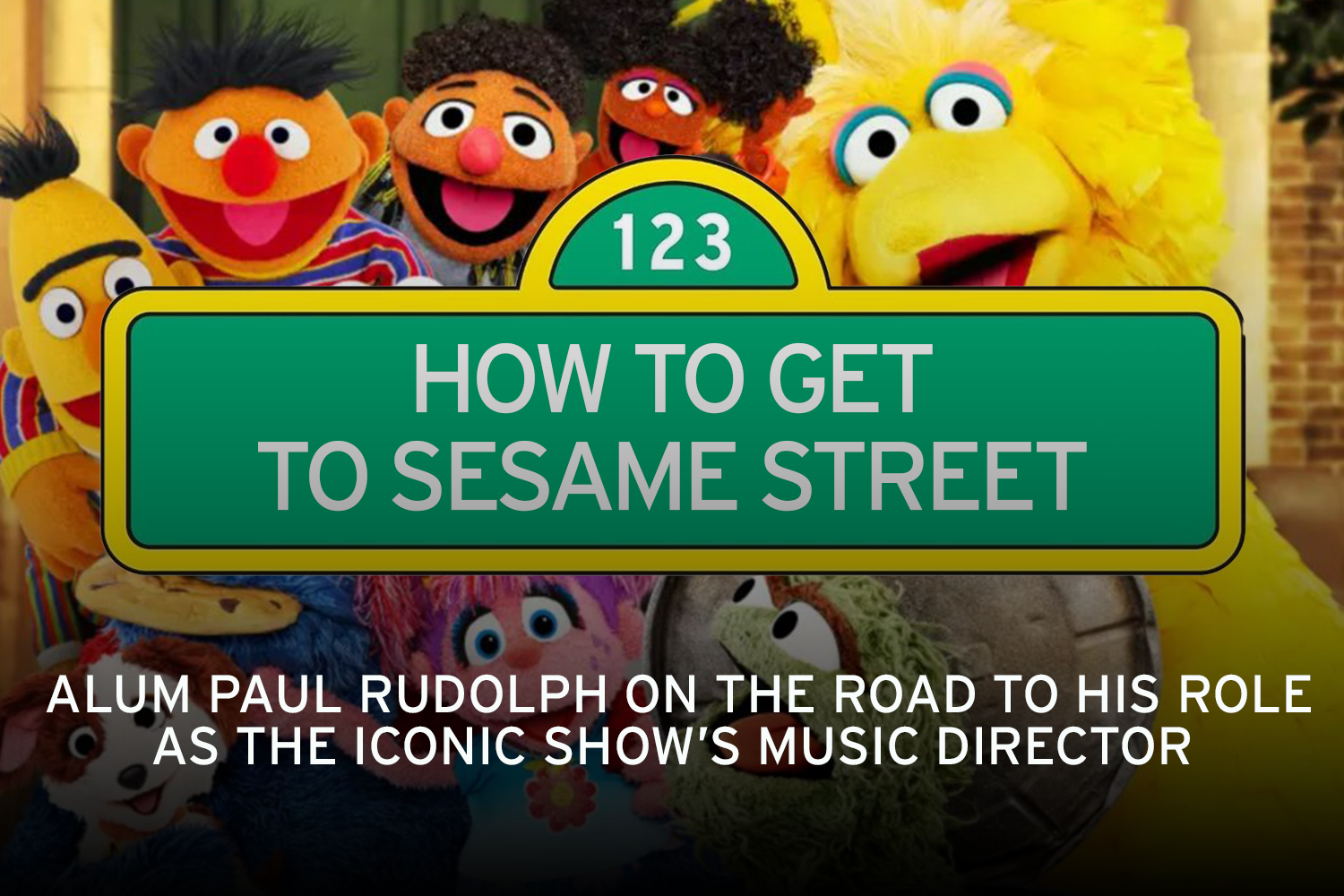There’s an alternate universe where Community alum Paul Rudolph still spends his days surrounded by high school music students.
A universe where Rudolph (’84) conducts a classroom in Central Illinois, teaching teenagers to sight read, to play scales and chords, to march in formation.
That universe was briefly Rudolph’s reality after earning his music education degree from the University of Illinois Urbana-Champaign.
It still would be if he hadn’t left his job at Mahomet-Seymour High School, returning to U of I to pursue his own educational passion: music composition.
The decision transported him from the mundane to a world more magical: a bustling urban neighborhood where colorful brownstones line the streets, a world populated by monsters, a towering canary, an enthusiastic vampire, a trash-can-dwelling curmudgeon.
The world of “Sesame Street.”
It’s a world where Rudolph has made a name for himself, winning one, two, three Emmy awards for music editing.
A world that opened up to Rudolph when he dared to take the road West—leaving the security of Illinois behind.
“I moved to LA on a whim,” Rudolph, now 57, said. “I was ready to be a band director for 35 years and retire in Central Illinois.”
He still would be if a friend, a film scoring agent, hadn’t recognized his composing talent and recommended him for a position in LA.
“One person can make a difference in your life,” Rudolph said.
Now, Rudolph gets to be that person for countless children as Vocal Music Director of the iconic television show—a position he inherited 15 years ago.
The journey began when Rudolph was hired by the Jim Henson Company in 1995, where he developed his skills as a musician, composer, arranger, editor and instrument builder for more than a decade.
Rudolph is still teaching youth, but now his students are more often toddlers than high schoolers. And there are more of them—about 8 million more every week.
But when asked to step back into a high school earlier this month, Rudolph seized the opportunity.
For three days in September, Rudolph and wife Leslie Carrara-Rudolph, the voice of Abby Cadabby, headed up “Sunny Days”: a charity event sponsored by Normal’s Illinois Art Station.
An event that brought the musician back to his hometown and his alma mater.
Rudolph carved out an hour of his busy weekend to speak with Community’s band and choir students about the music world’s life-changing impact on his life, an impact that began in Unit 5 classrooms.
I have “no regrets growing up in Normal,” Rudolph said: It’s where he learned to love music, at Colene Hoose Elementary, in the Community Players, alongside his friends in the Community marching band.
Almost 40 years later, Rudolph still recalls the sound of music in the air around Community’s old campus, now Kingsley Jr. High.
“Almost every day after school in the fall,” Rudolph said, he and his friends “would ride [their] bikes past the ISU marching band.”
Inspired by those sounds, by other marching bands across the state, Rudolph joined the Marching Illini while in Champaign, working his way up to drumline section leader.
After graduating with a music education degree in 1989, Rudolph took a teaching job in Newton, IL—a town so enthused about music that 210 of its 500 high schoolers played in the marching band.
Still, he felt something was missing.
He thought pursuing his Master’s in composition and arranging, being surrounded by others passionate about crafting music, would fill the gap.
But for Rudolph, watching composers produce music that never left an academic setting was “an insular way of presenting [his] art.”
“They would perform their piece,” Rudolph said of graduate music students, “and everybody would critique it. And that was it. That was the end of it.”
Rudolph knew there was more to music, something that could continue to resonate beyond the final note of a performance—but he was struggling to find it.
Instead, it found him.
One phone call from a friend later, he was no longer a small-town teacher but a student again—learning under LA film composer Richard Gibbs.
Rudolph’s first analog job in Gibbs’ studio taught him the tedious but rewarding work of commercial—not strictly academic—composing.
“We did a Hallmark movie,” Rudolph said, “which was really sappy… we were up until four in the morning. [Gibbs] is trying to play these little parts on the keyboard, and so that is a completely different style of music.”
But none of these new experiences—from his work with Hallmark to “The Tracy Ullman Show,” the program that would launch “The Simpsons”—could have prepared Rudolph for the world of puppeteering, musical performance and voice acting that was “Muppets Tonight.”
A world of skits, parodies, chaos.
The chaos of a puppet show meets late-night show meets musical act—a combination unlike anything else on the air.
When Rudolph transitioned to another puppet-based program, “Sesame Street,” for the show’s 40th season, he was again stunned by the ability of the show’s performers: voice actors like Illinois native David Redmond and their ability to not just sing—but sing like Cookie Monster, for hours on end.
“They know the characters backward and forwards,” Rudolph said. “So when I walked on the show in season 40, I was working with people who had been on the show for 20 years… all I could help with was pitch and rhythm.”
After fifteen years besides such diverse talents, Rudolph said, “Sesame Street’s” music has changed not only his life but the lives of countless children spending impressionable years in front of the educational program.
“The big part of what we do on ‘Sesame Street,’” Rudolph said, “is we entertain and educate and we get the characters involved. That’s in the DNA of the show. Moms, dads, babysitters, aunts, uncles, whoever’s watching the show with those little ones.”
Because interaction with caregivers helps young children learn better, Rudolph said, he’s made a tangible educational impact through music without ever standing in front of a classroom or lecture hall.
The audience may be different, but the work is no less intricate.
Since “Sesame Street’s” first composer, Joe Raposo, “wrote some incredible songs” for the show’s pre-school audience in 1969, composers like Rudolph have been held to a high standard.
A standard of complexity that successfully simplified the complicated—emotions, number systems, friendships—for the pre-schoolers of the ’70s. And their kids. And their kids’ kids.
All in a manner designed to empower, not reduce, the nation’s youth.
“It’s not better to sing or talk down to kids,” Rudolph said. “You want to lift them up… we’re talking about complex chords that are going into the song.”
Complex chords that Rudolph could never have written—and an impact he never could have had—without the foundational knowledge he learned at Community.
“What I achieved is a little luck,” Rudolph said, “but a lot of skill.”
But where he was exploring his craft drumming in his basement with high school friends, Rudolph said, today’s students have the chance to collaborate on a global scale via the internet.
“My advice for whatever field you’re going into,” Rudolph said, “is to absorb everything you can. You’re so fortunate to grow up in the digital age… the opportunities you have to collaborate are off the charts.”
And the more opportunities students have to access the music world, the more it can change their lives—just as high school band instruction, a connected friend or 15 years of “Sesame Street” did Rudolph’s.

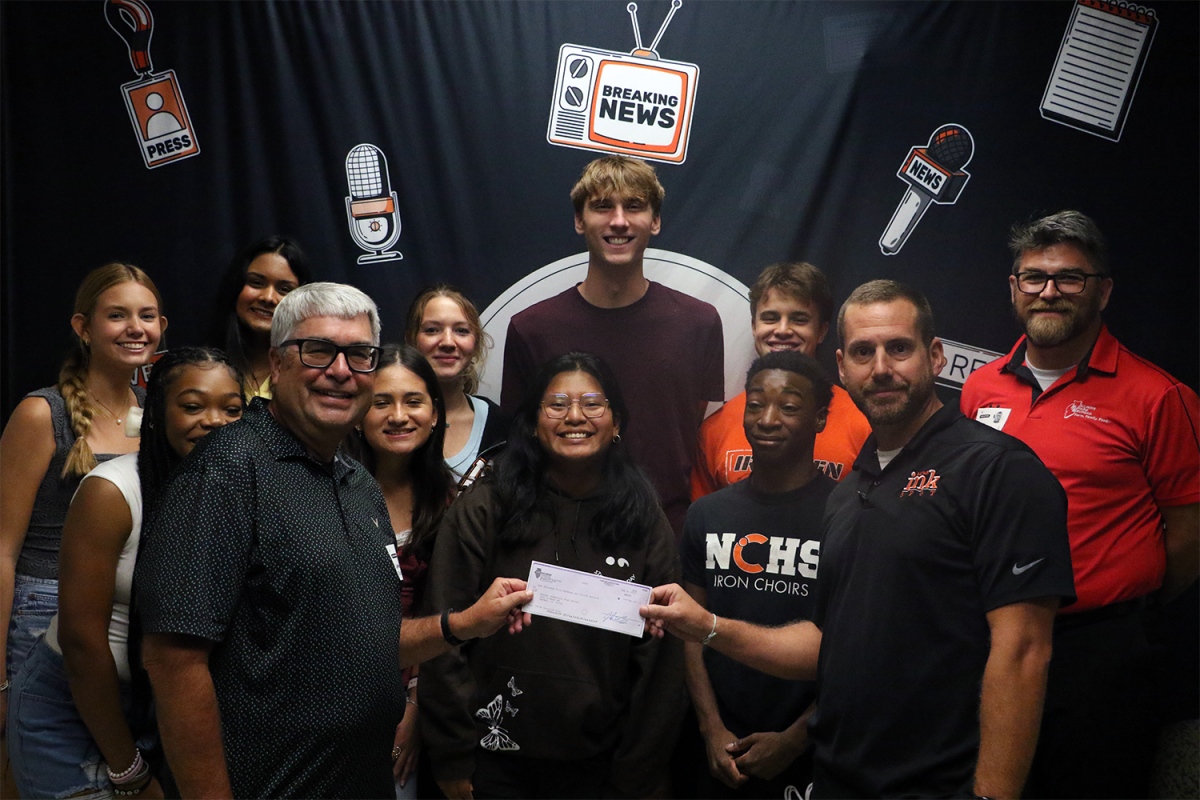

![The Unit 5 Board of Education will vote on the proposal to add two IHSA sports at the high school level on Sept. 17.[Photo Illustration]](https://nchsinkspot.com/wp-content/uploads/2025/09/vball-football-1200x1200.png)
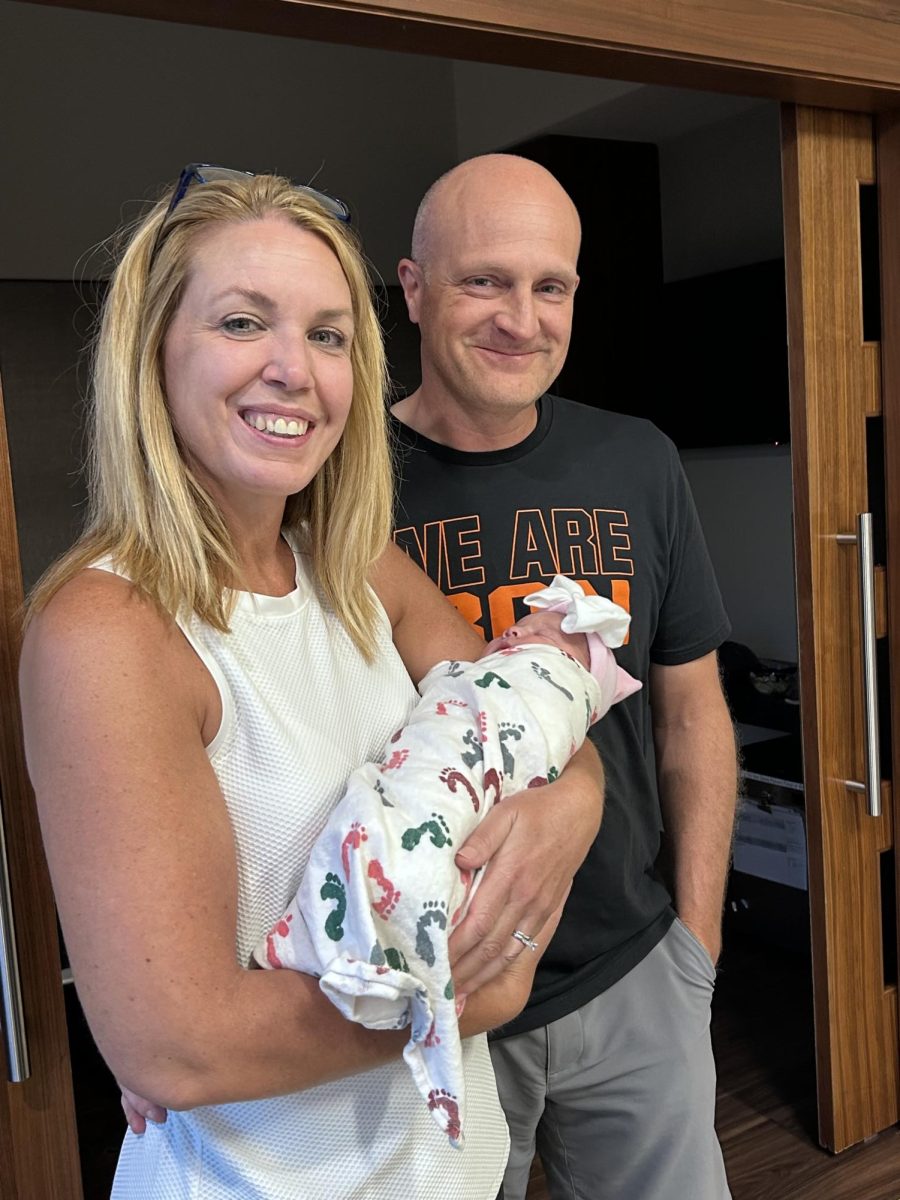




















![Week 3: Coach Drengwitz previews the Ironmen’s matchup vs. Urbana [video]](https://nchsinkspot.com/wp-content/uploads/2025/09/week-3-web-1200x1200.png)
![West Week: Coach Drengwitz previews the Normal West matchup [video]](https://nchsinkspot.com/wp-content/uploads/2025/09/week-2-web-1200x1200.png)
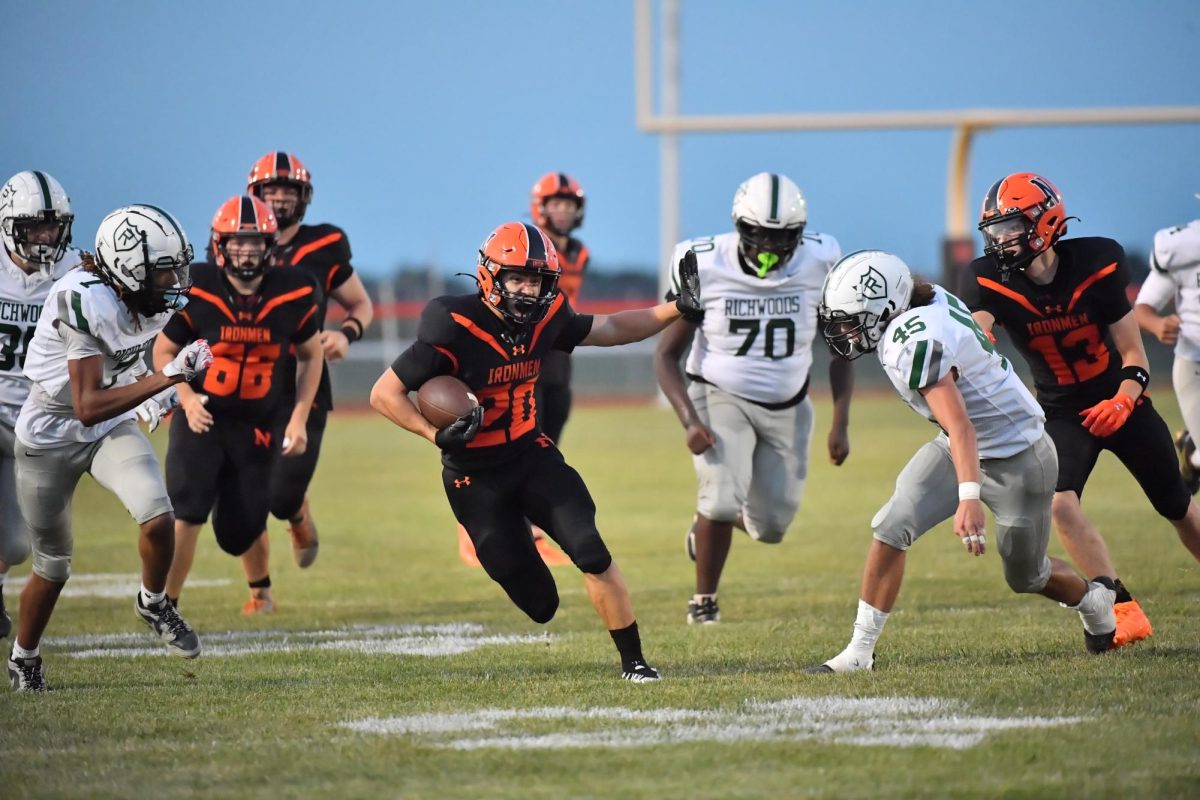
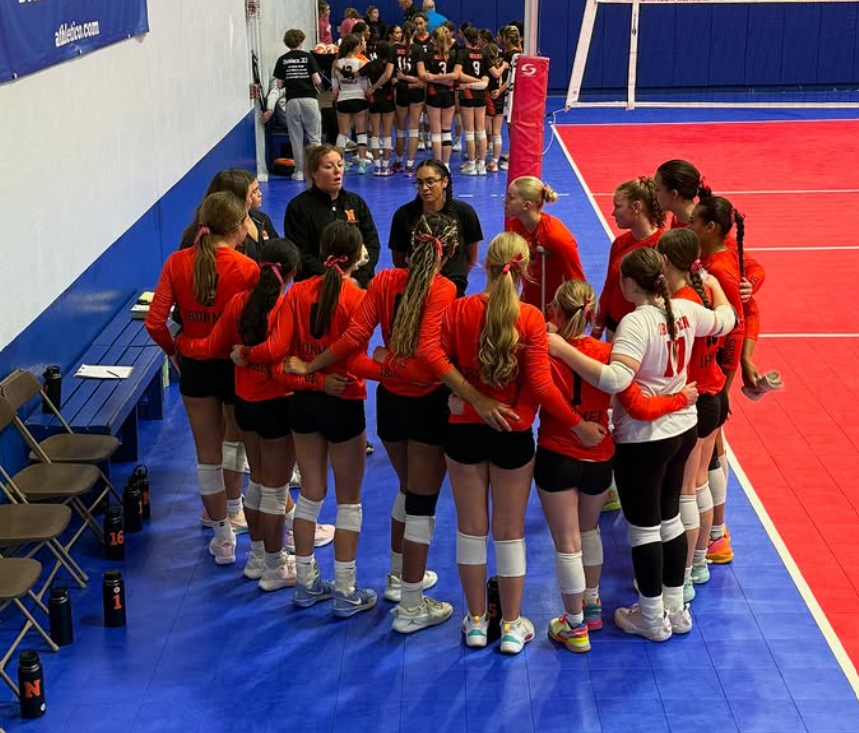
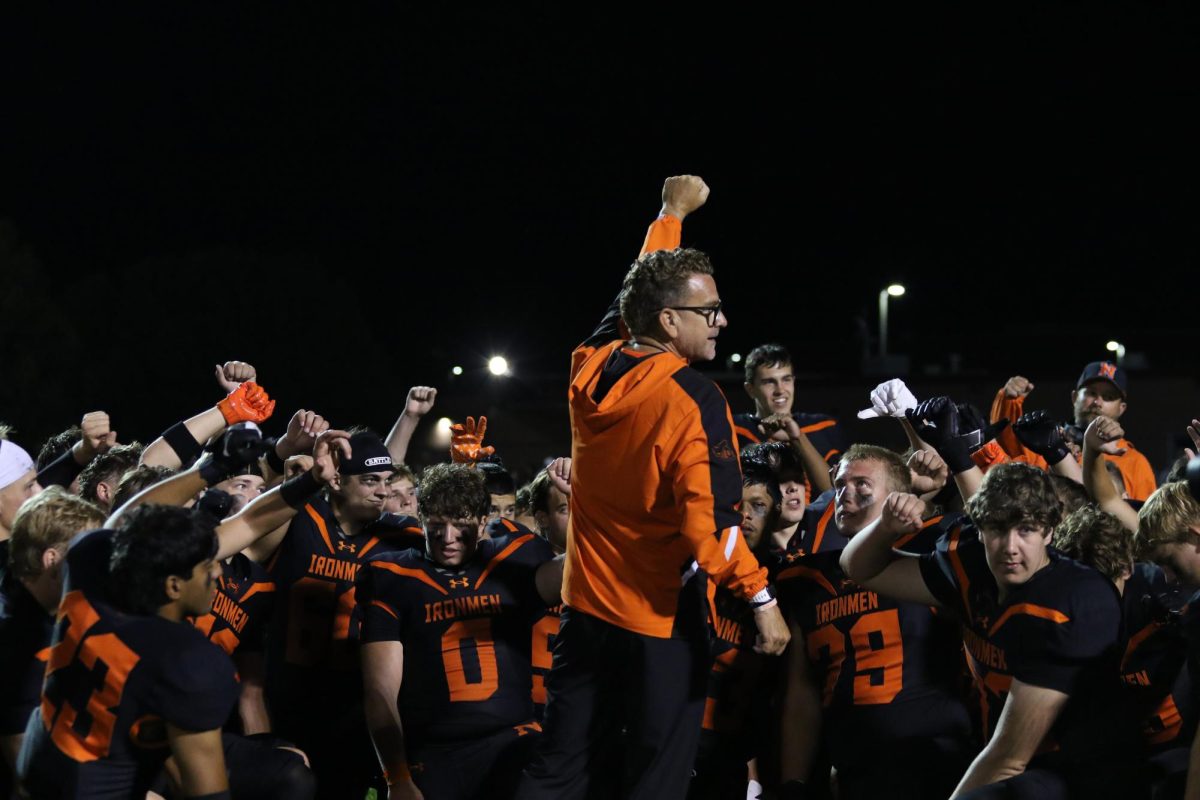







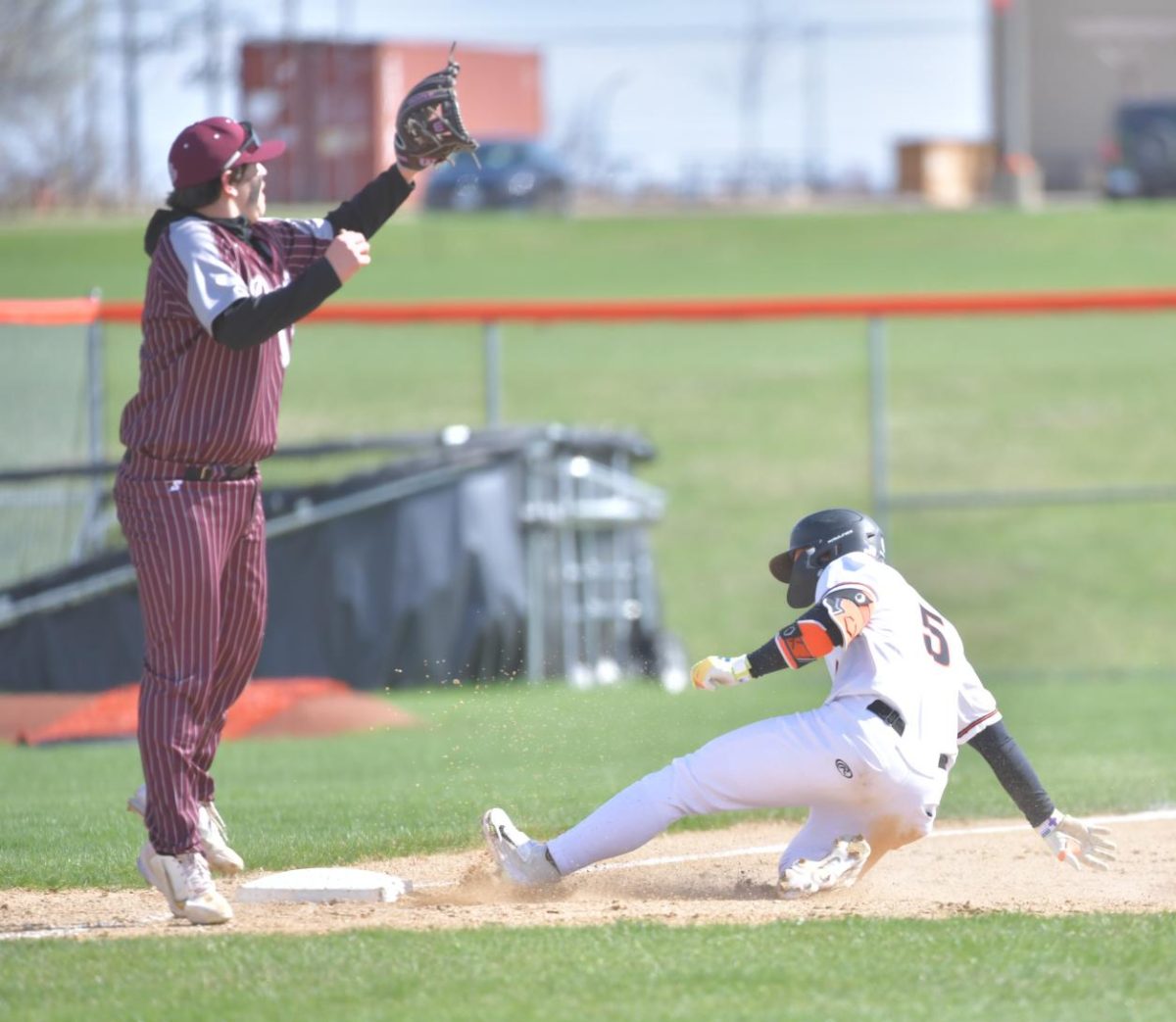
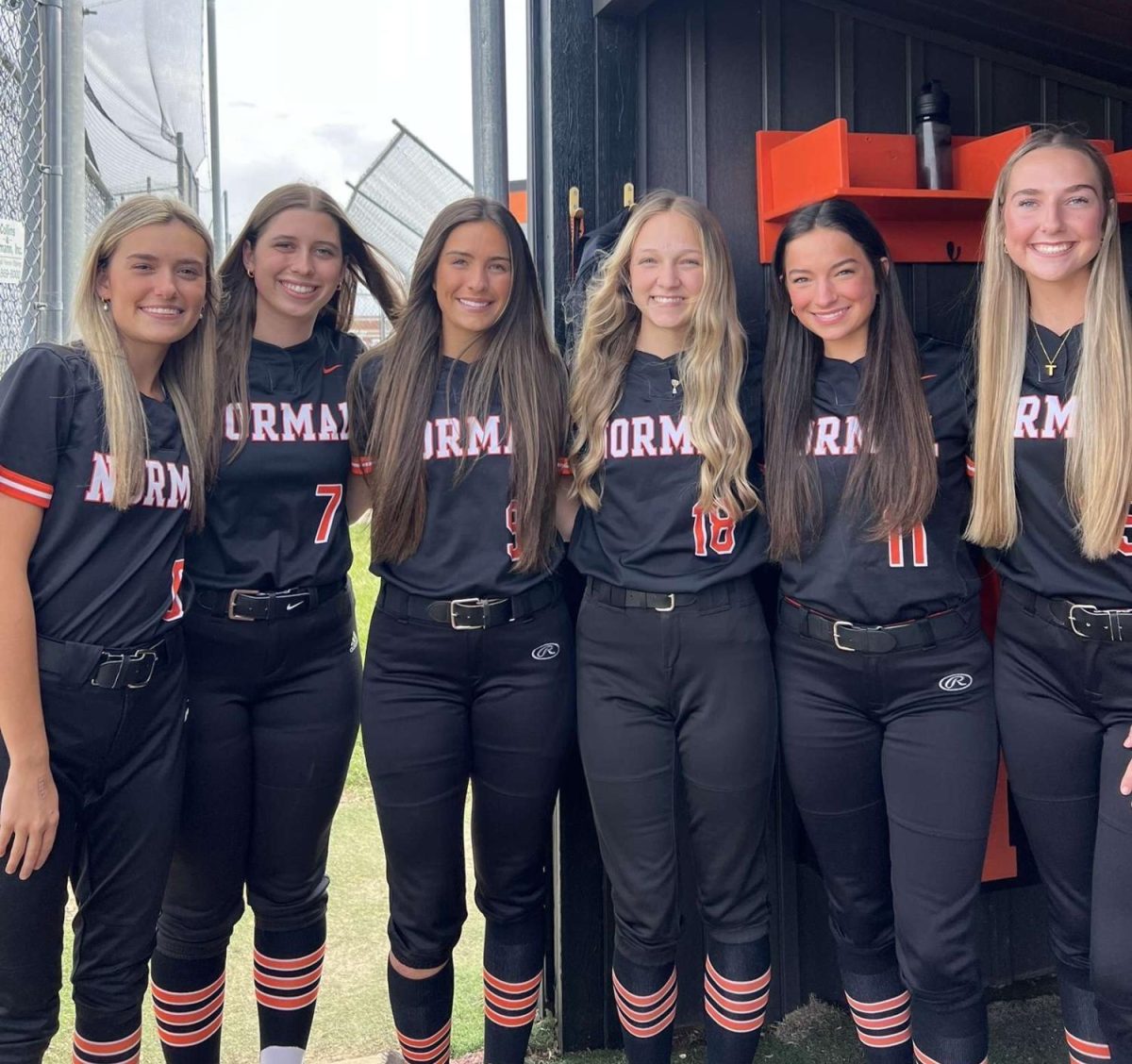







![Halloween candy cross section quiz [quiz]](https://nchsinkspot.com/wp-content/uploads/2022/10/Candy-cover-big-900x675.png)
![Average Jonah? [quiz]](https://nchsinkspot.com/wp-content/uploads/2022/05/average-jonah-900x600.png)











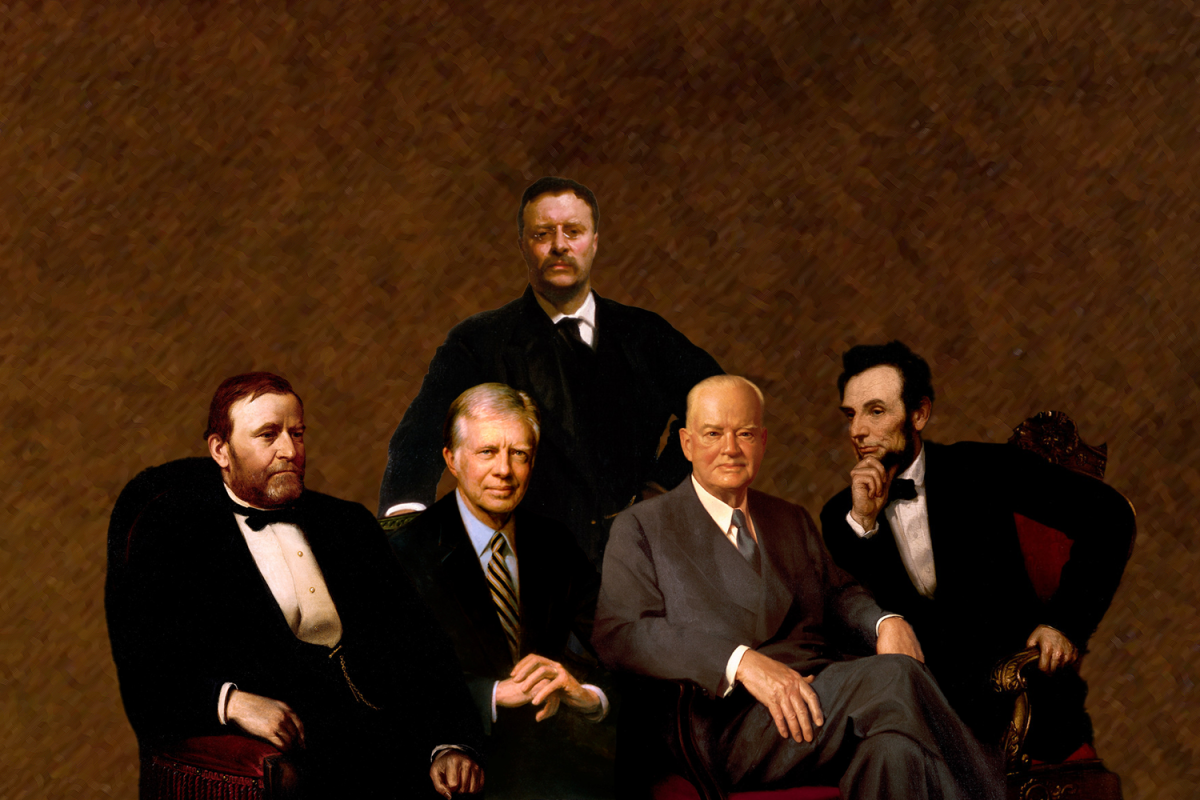







![Ironmen football’s head coach previews the 2025 season opener [video]](https://nchsinkspot.com/wp-content/uploads/2025/08/week-1-square-1200x1200.png)





![Cell phone ban in schools? Community responds to proposed legislation [video]](https://nchsinkspot.com/wp-content/uploads/2025/04/Sequence.00_01_09_19.Still001-1200x675.png)
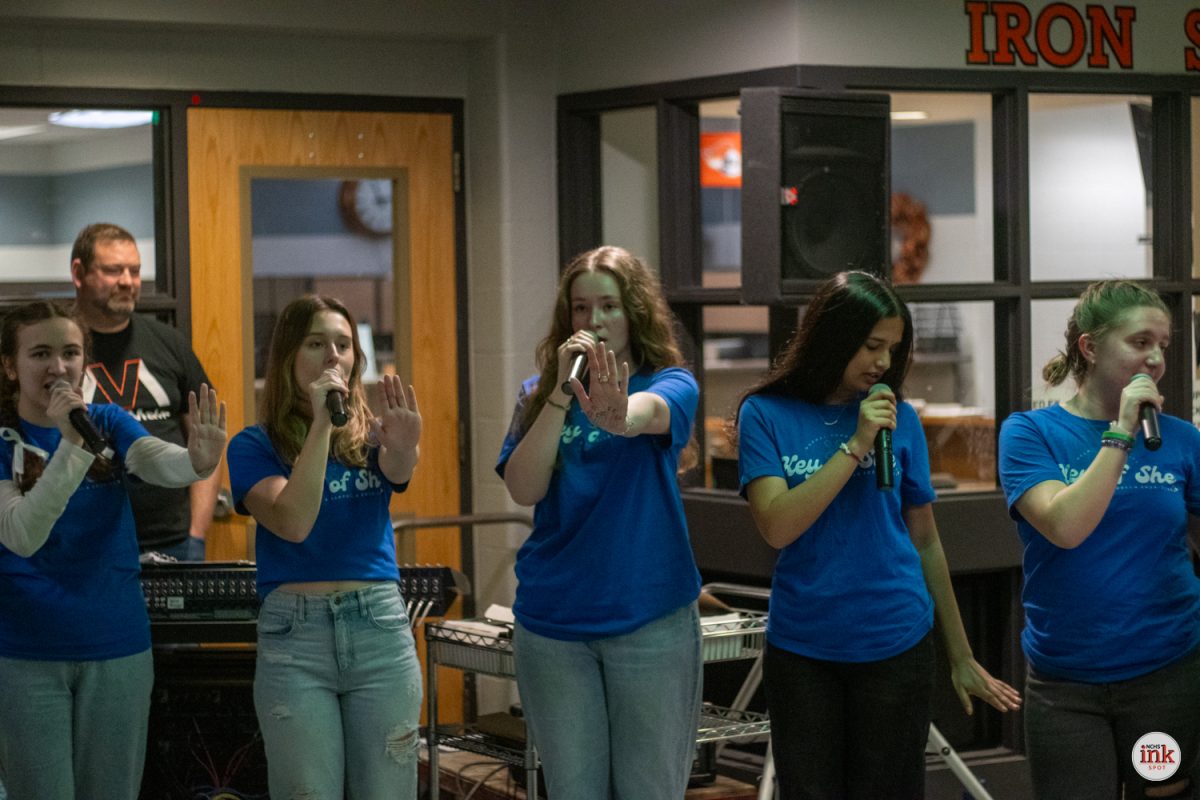
![On the Spot: This or That – Halloween [video]](https://nchsinkspot.com/wp-content/uploads/2024/10/tot-Halloween-YT-1200x675.png)
![On the Spot: This or That – Fall favorites [video]](https://nchsinkspot.com/wp-content/uploads/2024/10/ots-fall-web-1200x800.png)
![On the Spot – Teachers tested on 2023’s hottest words [video]](https://nchsinkspot.com/wp-content/uploads/2024/01/On-the-Spot-Teachers-tested-1200x675.png)









